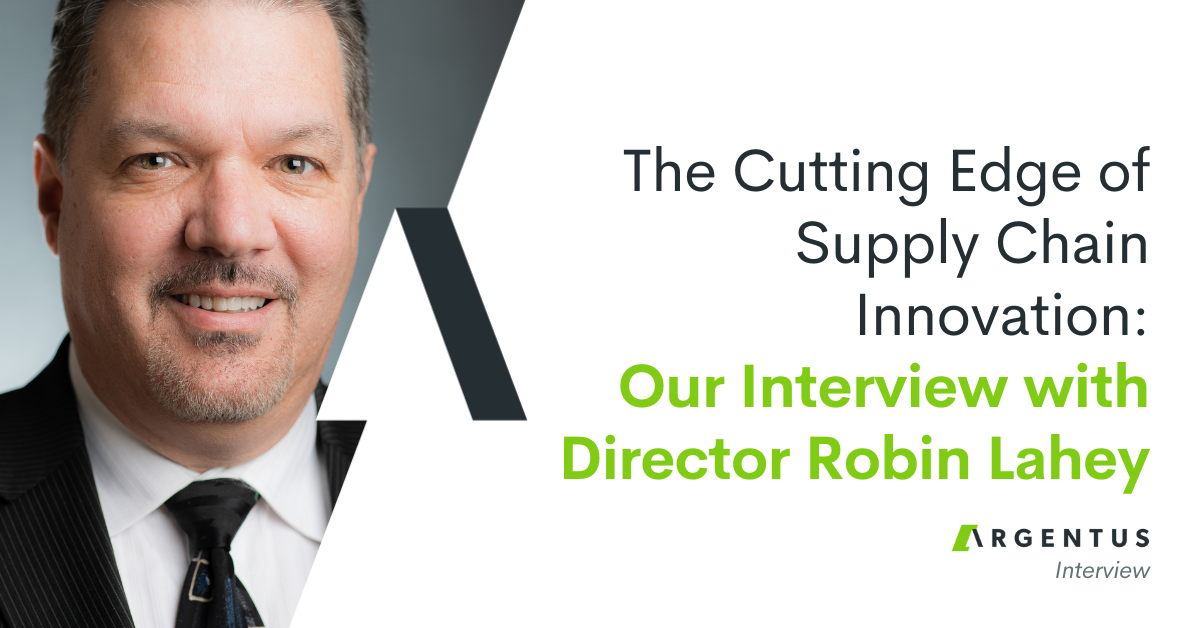
Most of us at Argentus have been recruiting for at least a decade, so we’ve seen it all in terms of things people have done (and not done) in job interviews. We’ve seen mundane, yet deadly faux pas, like the candidate who told us they were happy with a job location, only to tell the client they weren’t. We’ve seen the truly bizarre, like the candidate who felt comfortable putting their feet up on the client’s desk, or the candidate who squealed his tires and peeled out of the client’s parking lot after they kept him waiting. We’ve seen everything in between. We’ve learned a lot over the years, but one thing is maybe more indelibly true than anything else:
There really are a thousand ways to sink a job interview.
A job interview is a tricky kind of social parlor game with major life implications. It can seem like a highly-choreographed dance of etiquette and enthusiasm that can bring you to the next progressive stage of your life, or can leave you walking to your car in a daze of confusion of embarrassment. The internet is full of guides for all kinds of job interviews. A few years back, we even published a 9-part series detailing our years of accumulated interview advice. Everyone has heard the common, sometimes contradictory tips (dress one level of formality above the job you want, make eye contact, have a firm handshake, avoid fidgeting), so much that they’re clichés in a working culture that’s becoming less formal.
From our perspective, when you put all the choreography aside, there’s one thing a candidate needs to do in a job interview that’s so fundamental, many people forget to even consider it, and as a result, forget to even do it. It’s something that people assume they’re doing, even if they’re not. It doesn’t matter if it’s an entry-level position or a Senior VP, we hear about candidates who fail to do this one thing that’s the most important task in a job interview, something more important even than showing your competence or coming across as someone people would want to work with:
So many candidates fail to communicate their interest and enthusiasm in the job.
Everyone thinks that their presence in an interview shows their enthusiasm, but we’ve had feedback from so many clients over the years who end up feeling “meh” about an otherwise-qualified candidate because the candidate came across as “meh” about the opportunity. You might think that you’ve conveyed enthusiasm by dressing up, showing up, asking questions, but you can’t take that for granted. This is particularly more common if you have a more introverted personality type: what might seem to you like polite enthusiasm might come across as disinterest to the person doing the interview.
It seems so obvious it’s scarcely worth stating, but it’s worth putting explicitly: hiring managers want to hire people who seem like they actually want the job. Hiring is a two way street, and a human interaction. As much as a hiring or HR manager is evaluating a candidate, they realize that the candidate is evaluating the company as well. Why would they extend an offer to someone who isn’t interested?
But it’s a balance. You don’t want to go overboard and seem desperate, and here’s where the choreography and etiquette comes back in. So how do you convey interest in a job, without going overboard?
- Make sure to ask questions, and not just about salary, benefit, perks, and other things that benefit you as the candidate. Prepare some thoughtful questions about the organization, its long-term goals and strategy, or even specific products or processes that genuinely interest you. Asking lots of relevant questions can help take an interview to a golden place, from the formality of a stilted back-and-forth to a genuine conversation.
- Further to that, work with the interviewer to develop an action plan for you in the role. Ask them what you, ideally, will have accomplished after 90 days, 3 years, or 5 years. This shows long-term interest.
- Try to talk in terms of “we” and “I” instead of “the company” and “you.” This kind of aspirational speech implies that you already see yourself as aligned with the organization.
- Simple and honest communication is key. Don’t be afraid to outright state your interest in the position in a professional way at the end of the interview. There’s nothing wrong with saying, “I just want to reiterate that I think this position aligns very well with my goals and values, and X Company seems like a great place to work.” Again, don’t assume that just because you showed up, the interviewer thinks you actually want the job.
- Send a brief follow-up note thanking the interviewer for taking the time to meet with you. But don’t send an email or a call if the interviewer hasn’t provided you with that information – especially when you’re working with a recruiter – because that can seem like you’re invading their privacy.
Maybe after an interview, you’re not enthusiastic about the job because it doesn’t fit the working culture you’re looking for. Maybe it doesn’t have the growth opportunities you want. Maybe you don’t like the colour of the paint in the office.
But if you are interested in the job? Take pains to show it, or it could cost you the opportunity. ![]()



0 Comments